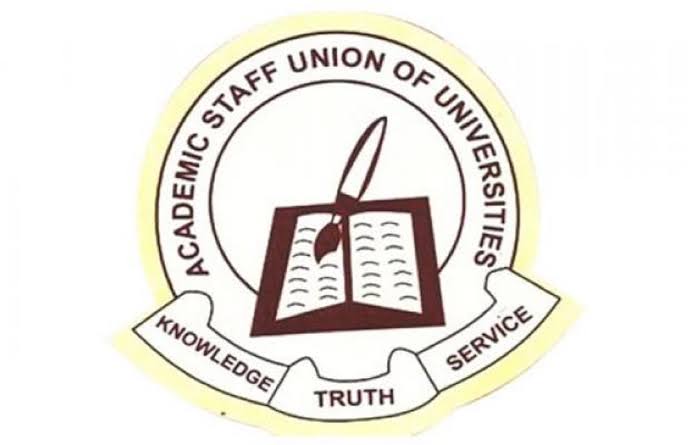
Despite N6.3trn Expended on Education, ASUU Bares it’s Fangs as Strike may Linger till 2023
By Rahma Oladosu
There are strong indications that the Academic Staff Union of Universities (ASUU) may not call off it’s ongoing industrial action before the end of 2022.
The university teachers began the latest face-off with the federal government in February and recently declared the strike indefinite.
A competent source close to ASUU has now told ECONOMIC CONFIDENTIAL that the union has no plan to either resume negotiations with government or open the university campuses this year.
Also Read: The Most Powerful Case Against ASUU, by Olusegun Adeniyi
The Unreported Impact of Lingering ASUU Strike, by Rasheedat Shuaib
The union had embarked on a 4-week strike action on February 14 to force the federal government to accept UTAS instead of IPPIS as the payment platform for the lecturers.
Other issues that have pitched the union against government over the years include the renegotiaion of the 2009 agreement, University Revitalisation Fund, earned allowances of lecturers, salary increment, infrastructural decay on university campuses, proliferation of universities etc.
The strike was extended by another 12 weeks on May 9 to give the government enough time to satisfactorily resolve all the outstanding issues after an extension on March 14 due to an alleged lack of seriousness on the part of the federal government.
At the peak of nationwide outrage over the lingering strike, an angry President Muhammadu Buhari had as part of his intervention, on July 19, directed the Minister of Education, Adamu Adamu, to proffer a solution to the challenge and report back to him in two weeks.
However, ASUU remained adamant in its resolve to press on with its demand as it once again on August 1 extended its ongoing strike by another 4 weeks to give the Federal Government more time to resolve outstanding issues.
Top government officials in their recent statements have hinted that the Federal Government will be unable to meet the financial demands of the university lecturers as it was impossible for the government to borrow about N1.2 trillion to end the strike.
On Monday, against its usual practice of extending its ongoing industrial action by a specific number of weeks or months, ASUU said the strike would now be indefinite.
ASUU’s decision, as contained in a statement signed by its President, Emmanuel Osodeke, was the outcome of an emergency National Executive Council (NEC) meeting that was held at the union’s national headquarters at the University of Abuja between Sunday and Monday.
This development is coming after the Federal Government’s “No Work No Pay” announcement. The Federal Government through Adamu in June said there will be no salary payments for members of the striking union for the periods they did not work. The measure, he said, was aimed at deterring others who may contemplate similar action in future.
Recall that members of ASUU had insisted on being paid the backlog of salaries withheld over the ongoing strike, as part of their demands for returning to work.
A frustrated Adamu also lamented that the ongoing strike by the university-based unions came despite the N6.3trillion expended on education by the present administration directly as well as by agencies such as TEFFUND and UBEC, on recurrent and capital projects.
The minister, who spoke with the state house correspondents at the Aso Rock Villa while appearing at a weekly press briefing organised by the presidential communication team, said ASUU refused to budge over the “no work, no pay” rule.
Responding to questions on Arise Television on Thursday on the impact of the Nigerian government’s “No work, No Pay” rule on the universities and whether it is responsible for some universities’ decision to suspend the strike, the President of ASUU, Osodeke said the universities that pulled out of the strike are not members of his union and further labeled them as “quacks.”
This labeling also generated a lot heated reaction from Nigerians.
In a swift reaction, COPSUN, the body of the chairpersons of governing councils of state-owned universities, said Osodeke’s ‘denigrating’ comments against state universities will not proffer solutions to the ongoing strike. It added that the state universities have as its members of council, individuals of repute who have served the country in different capacities.
One factor that has also angered Osodeke and his colleagues is the seeming reluctance of the government to implement the report of a committee it set up to negotiate with ASUU. The report reportedly favoured ASUU and could have gone a long way to resolve the impasse.
Meanwhile, while ASUU has remained adamant, other university unions like the Senior Staff Association of Nigerian Universities (SSANU), Non-Academic Staff Union of Educational and other Associated Institutions (NASU), and the National Association of Academic Technologists called off their own industrial action and have now returned to work.
